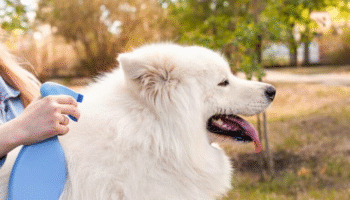As the seasons shift, pets encounter various conditions and potential dangers, making it essential for owners to remain alert to seasonal risks that could impact their well-being. Staying informed about these threats year-round helps protect your furry companions and ensures they stay healthy.
In spring, blooming flowers and plants can be a source of beauty but also a hidden hazard for pets. Species like daffodils and hyacinths are toxic if consumed. Identifying harmful plants and keeping them out of reach is crucial. Opting for pet-safe plants in your garden can help minimize the risk of accidental poisoning.
The summer heat brings its own challenges, including heat-related illnesses, especially if pets lack access to shade or fresh water. To keep them cool and hydrated, provide plenty of water and ensure they have a shady spot to rest. Watching for signs of dehydration or overheating can help you address issues early.
With the arrival of autumn, cooler temperatures and seasonal celebrations present new risks. Festive decorations and treats, such as chocolate and xylitol-sweetened candies, can be harmful to pets. Keeping these items securely stored will help maintain a safe environment during festivities.
Winter’s chilly conditions may offer opportunities for snowy fun but also raise the risk of illnesses. Pets might exhibit cold-like symptoms, such as coughing or nasal discharge. Should you notice anything unusual, consulting a veterinarian can help safeguard their health throughout the colder months.
By staying proactive and adapting to seasonal changes, you can ensure your pet remains safe, content, and healthy all year long.
Content created by Scout Veterinary Care, a trusted urgent care vet in Chicago





